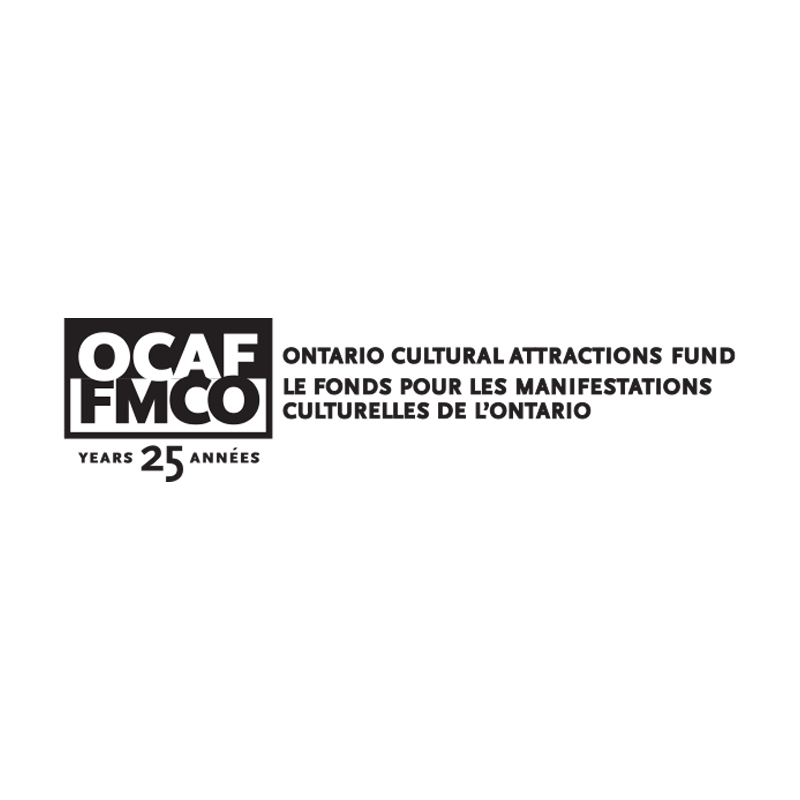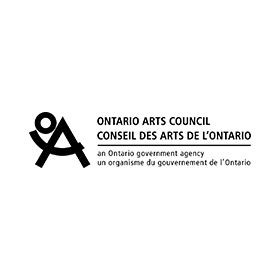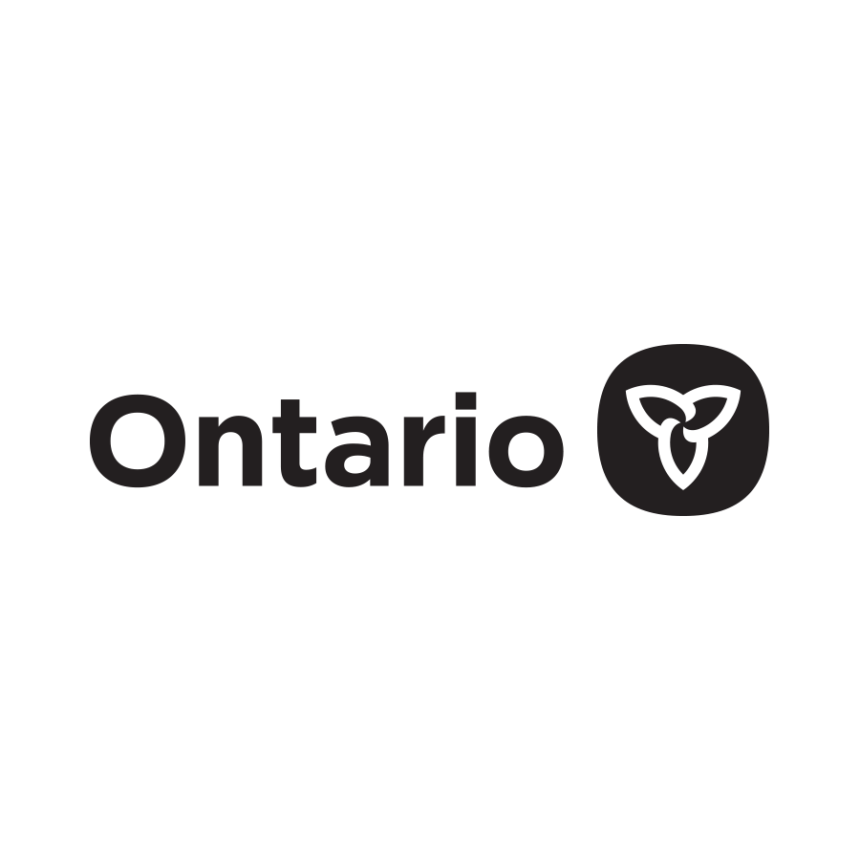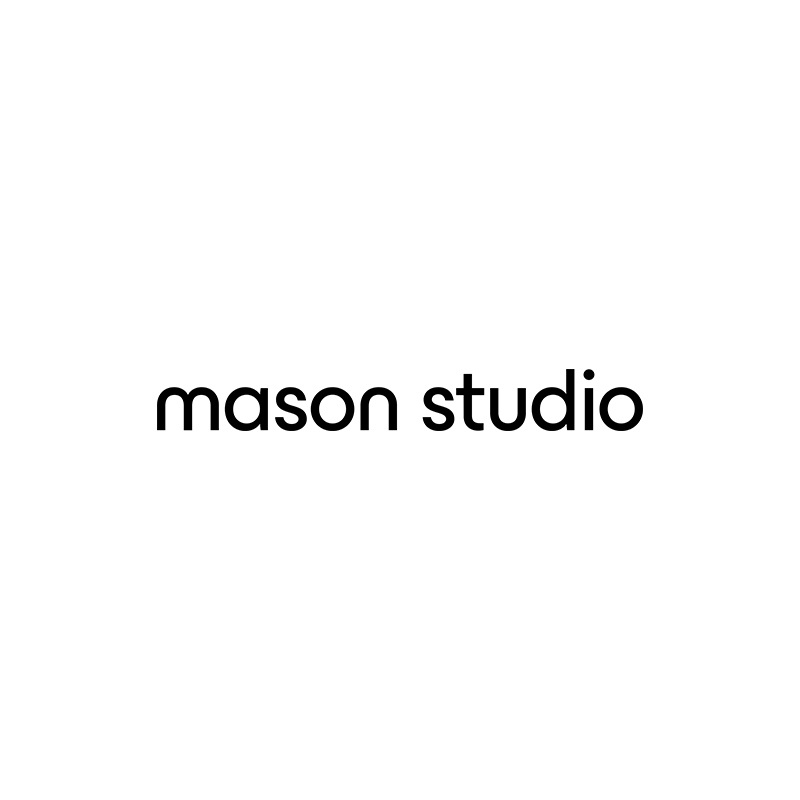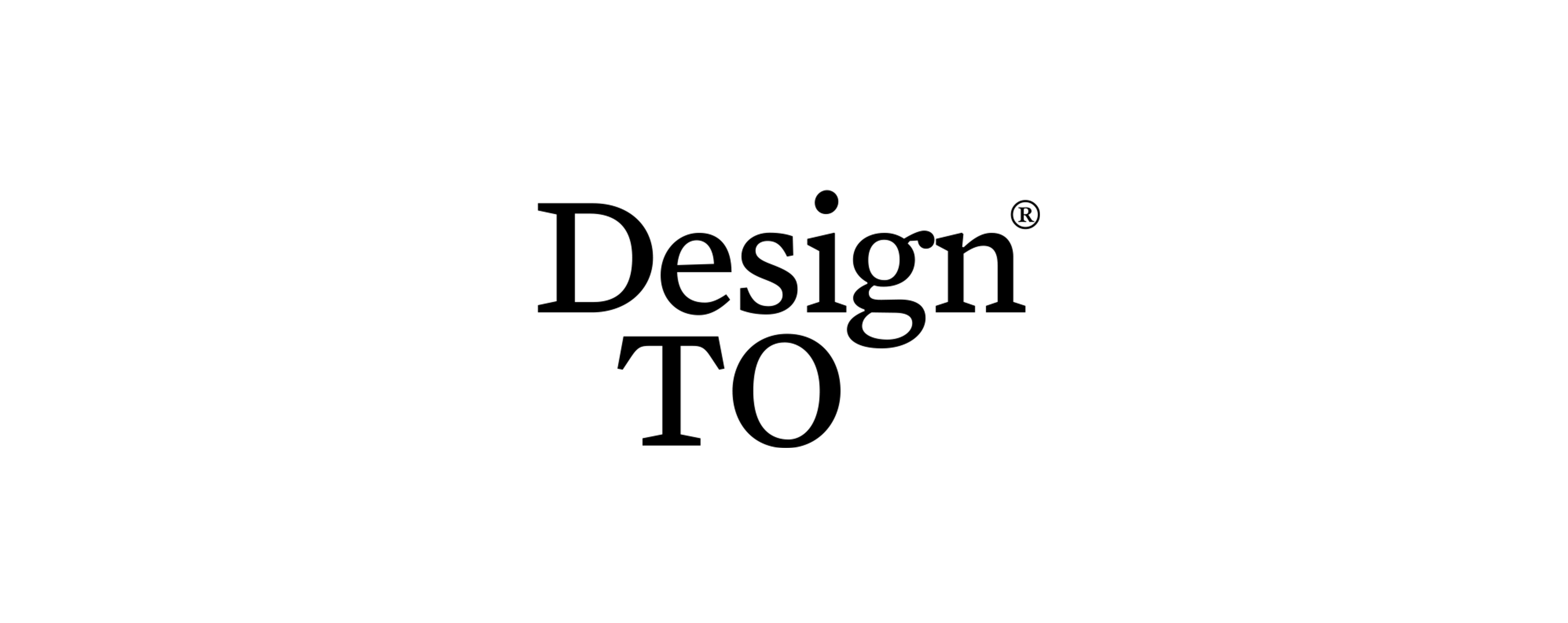
DesignTO’s sixth annual symposium brings nine multidisciplinary experts together for an inspiring discussion about Inclusive Design, covering inclusive education, the business case for inclusion, accessible technologies, co-creation, decolonization and other thought-provoking topics. Speakers include Andrew Do, Annie Jean-Baptiste, Lee Jones, Matthew Hickey, Maya Mahgoub Desai and Veronica Madonna, Jahan Mantin, Shelagh McCartney, and Rain Michaels.
–
The symposium will occur online over two days: Wednesday, January 27, 2021 and Thursday, January 28, 2021, from 6-8pm.
–
How do we design for inclusion? What is the future of Inclusive Design?
“Diversity is being invited to the party; inclusion is being asked to dance.” – Verna Myers
There are 7.7 billion people in the world today, and we are more connected than ever before. As cities continue to become more diverse in gender, race, ethnicity, religion, age, disability and sexual orientation, the need for a more inclusive environment has become undeniable. Designers have the power to address needs, improve lives, and inspire thought and innovation.
This symposium invites designers and thinkers to explore how we can design for inclusivity. How can we create great designs for the greatest number of people? How can we use our unique reality of human diversity as a resource for products, services, systems, environments and experiences that include rather than exclude? How can we continue to move beyond diversity and inclusion “lip-service” towards a tangible reality where everyone can participate in society with a sense of belonging?
SCHEDULE
Session 1: Wednesday, January 27, 6-8pm
Jahan Mantin
Maya Mahgoub Desai & Veronica Madonna
Rain Michaels
Shelagh McCartney
Session 2: Thursday, January 28, 6-8pm
Annie Jean-Baptiste
Matthew Hickey
Lee Jones
Andrew Do
SPEAKERS & TOPICS
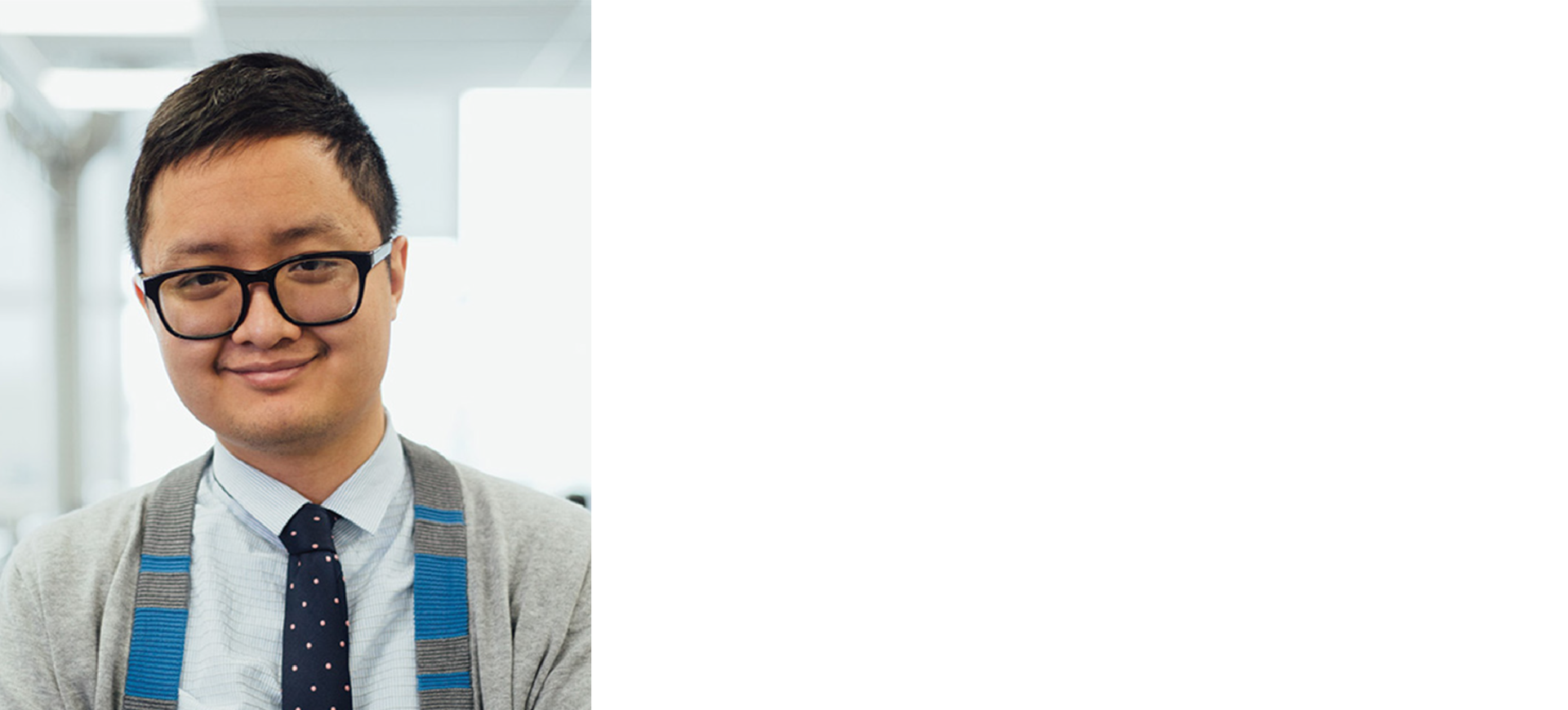
Andrew Do, Design Researcher, Design Institute for Health (former Service Designer, City of Austin’s Office of Design & Delivery)
Andrew Do is Vietnamese-Canadian-American service designer and design researcher that is originally from Toronto, Canada. He applies a community-focused and human-centered lens to solve some gnarly civic problems that impact our public policies. He has been a service designer with the City of Austin’s Office of Design & Delivery, and independently consults for a number of foundations on design research and policy research. He holds a Master of Public Policy from the University of Toronto. In his spare time, he can be found championing small BIPOC-owned restaurants.
‘Co-Designing Trauma-Informed Services’
This talk covers an approach to how to co-create trauma-informed services with people. It discusses what is meant by being trauma-informed and why this is important for inclusion. It also outlines a framework for thinking about how to hold space for trauma-informed co-creation processes. Finally, it discusses what this looks like against two real-world case studies: (1) redesigning a police complaints process, and (2) co-creating homelessness services for residents experiencing homelessness through a lived experience advisory committee.
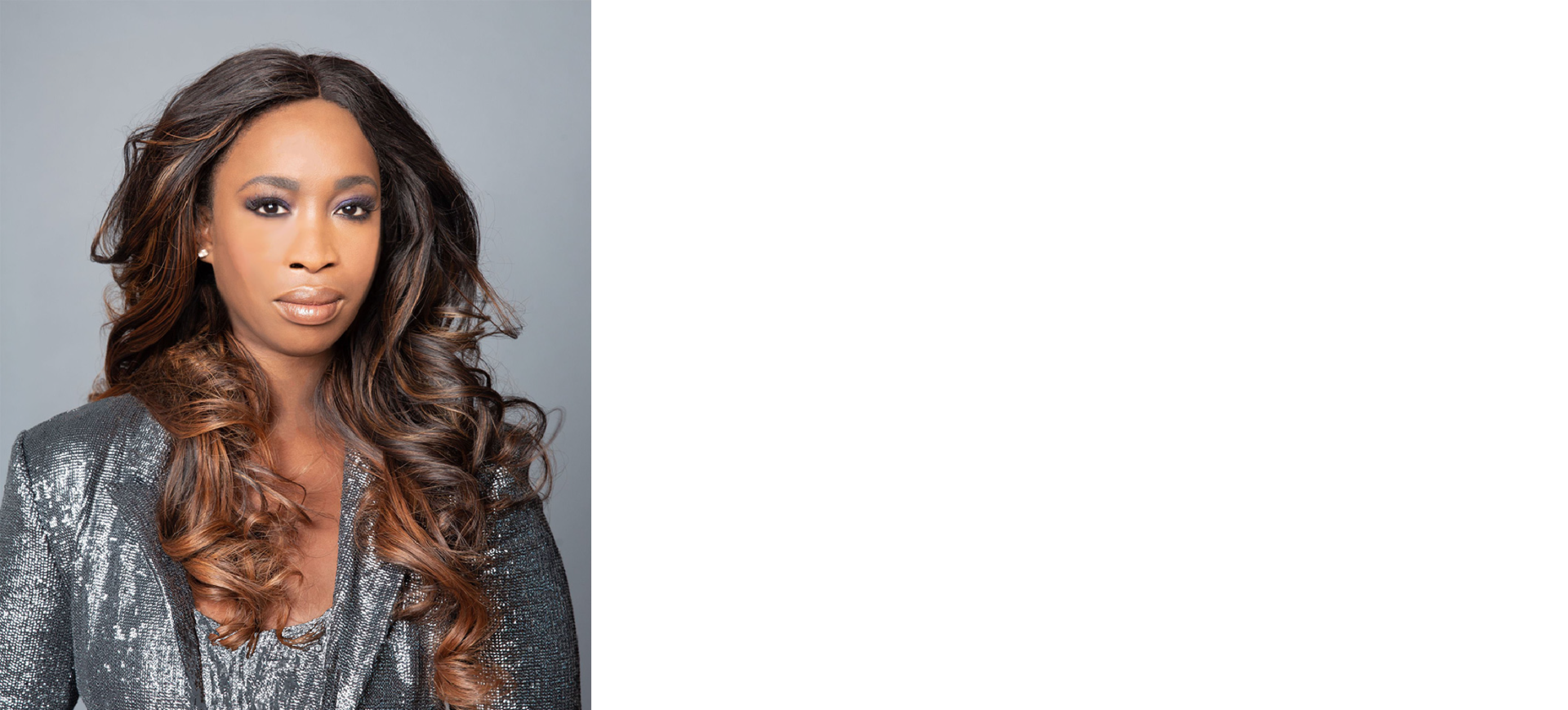
Author, ‘Building for Everyone’ & Head of Product Inclusion at Google
Annie Jean-Baptiste is the author of Building for Everyone, the first book about building inclusive products across the intersections of multiple dimensions of diversity. She currently serves as an intrapreneur in residence at the University Pennsylvania’s Graduate School of Education and a member of both the CTA Health Equity and Access Leadership (HEAL) Coalition and the IEEE’s Ethically Aligned Design committee. She’s been inducted into the Haitian Roundtable’s 1804 society as “One to Watch” and inducted as one of the 30 Black Stars for Face to Face Africa in 2019.
Annie is also the Head of Product Inclusion at Google. She leads product inclusion strategy across the company and consults with various Alphabet companies. She’s also been covered in Vogue, Essence Magazine, Business Insider, Teen Vogue, MSNBC, CNBC, ABC, Cheddar, Business Insider and more.
‘Building for Billions’
Building for historically underrepresented users is not only the right thing to do, it makes sound business sense. Come learn about the research behind product inclusion and steps to move from awareness to action. What does it mean to build products and services where everyone feels seen, validated, uplifted and thought of? Join Annie to discuss the tenets of equity-centered design throughout the entire product design process.
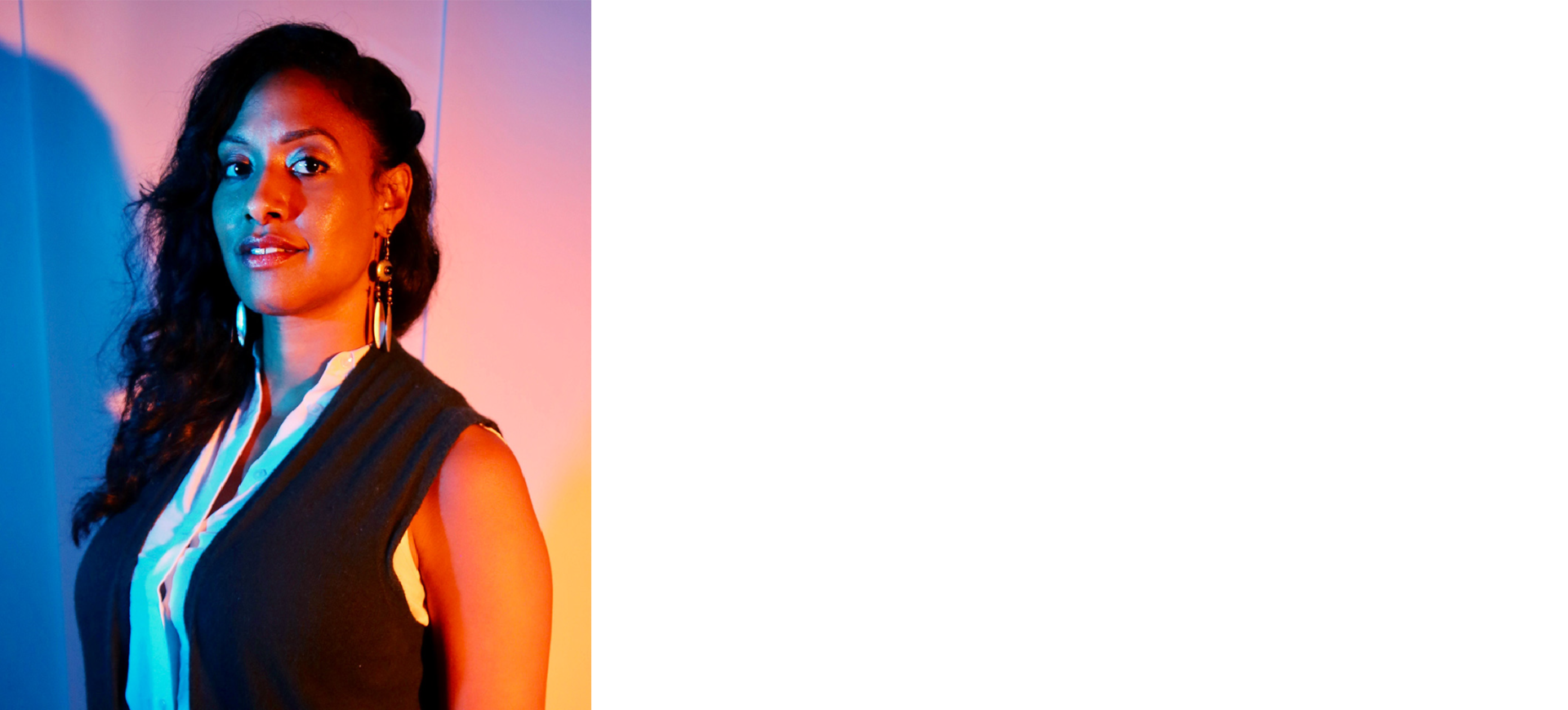
Jahan Mantin, co-founder, Project Inkblot
Jahan Mantin is co-founder of Project Inkblot, a team of designers and futurists who partner with companies to build equitable products, services and content using their proprietary methodology, Design for Diversity™(D4D).
Jahan began her career in advertising and marketing at Time Out New York and later moved into the editorial world as the Associate Editor for Beyond Race Magazine. Jahan earned a BA in Communications and Culture from Clark University, and is the recipient of the Kate Spade and Company Fellowship at the New Museum Incubator, NEW INC. An avid traveler, Jahan has lived in far-reaching locales from Colombia to Scotland. She is a proud native New Yorker and currently resides in Brooklyn.
‘Designing for Diversity’
In this talk, the audience is introduced to the key phases of Design for Diversity™ (D4D) through storytelling and case studies. Attendees are invited to explore where they can focus on centering racial equity in their work, and begin to reframe how they design products, services and content using D4D high-level critical thinking questions within their own strategic and design processes.
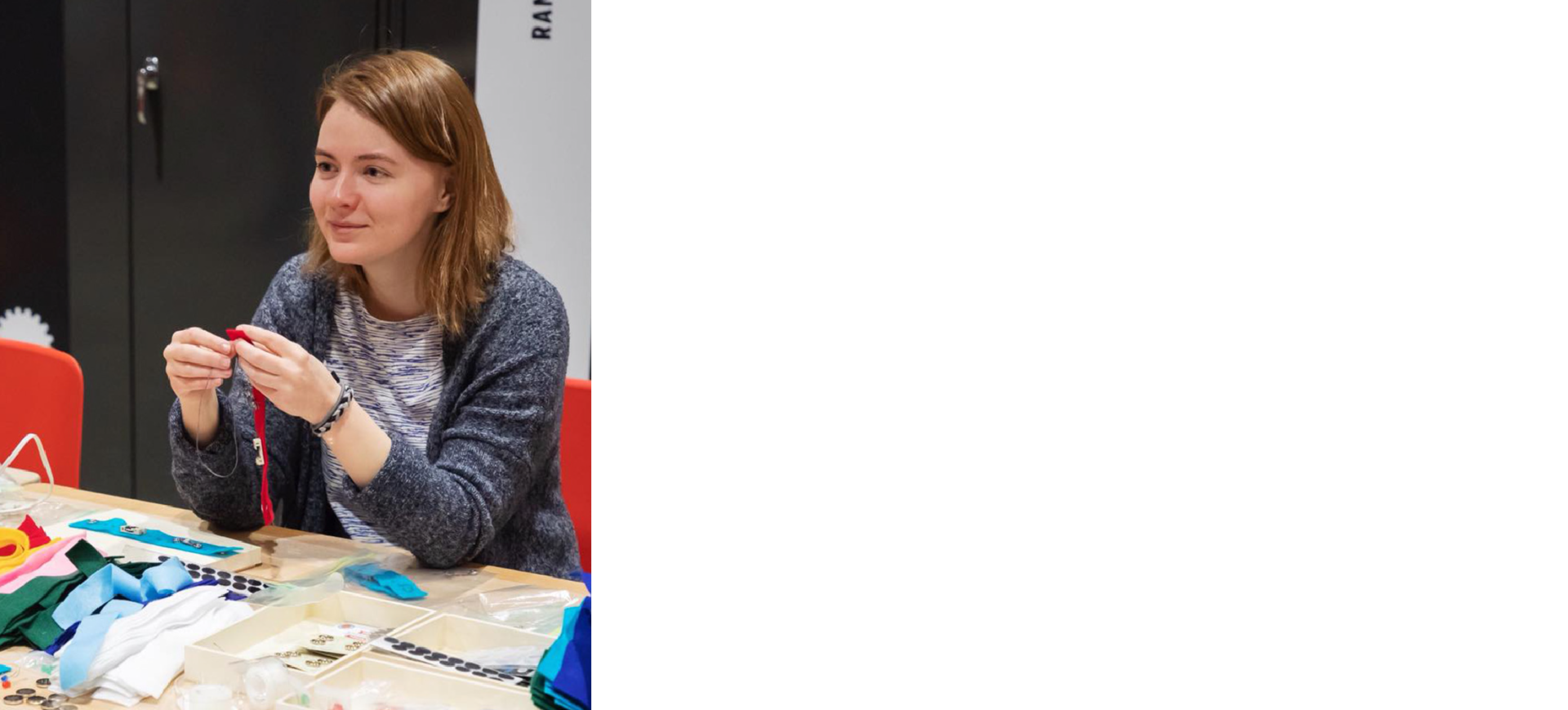
Lee Jones, PhD Student in Digital Media, Carleton University
Lee Jones is a PhD student at the Creative Interactions Lab at Carleton University. In her research, she uses participatory design and creates easy-to-use toolkits so that individuals can build prototypes and have a say in the direction of their own technologies. In her thesis research, she is developing toolkits for prototyping wearable e-textiles. She’s currently teaching Wearable Technology at EcoEquitable, and has taught the graduate course on Body Centric Technologies at OCAD University. She also loves running e-textile workshops in makerspaces, art galleries and community organizations under the name Electro-Stitches. To find out more about her research visit LeeJones.ca
‘From User to Maker: DIY Toolkits for Co-Designing Accessible Technologies’
During the design process individuals with disabilities are often described as consumers or users of accessible technologies, but in this talk Lee will discuss how we can shift the focus to how individuals can be makers and designers of their own technologies. Attendees will learn about the design methodologies and toolkits they can use with examples from her own research into co-design tools for accessible smart garments.

Matthew Hickey, Partner, Two Row Architect
Matthew Hickey is Mohawk from the Six Nations of the Grand River Reserve, receiving his Master of Architecture from the University of Calgary and his Bachelor of Design from the Ontario College of Art and Design University. His cultural background has a significant impact on his work.
Matthew’s focus is on regenerative and restorative design – encompassing ecological, cultural, and economic principles. His research includes Indigenous history in architecture of Northern and Middle America, and the adaptation of historic sustainable technology and knowledge to the contemporary North American climate and the Universal Design approach. He has been practicing architecture at Two Row Architect for 14 years and currently oversees design and development for the firm. At Two Row Architect, the core work is Indigenous design and architecture, designing on- and off-reserve all over Ontario, Canada, and in the United States.
‘Design through the Lens of Indigenous Knowledge’
Matthew will be discussing how to improve design and architecture by exploring various Indigenous cultural practices and applying them to contemporary society. Ideas about the design process, multi-generational households, “Universal Inclusivity,” urban agriculture and multi-service provider neighbourhoods will be discussed. Understanding Indigenous cultural knowledge can help push us back towards ways of designing and building that create better communities.
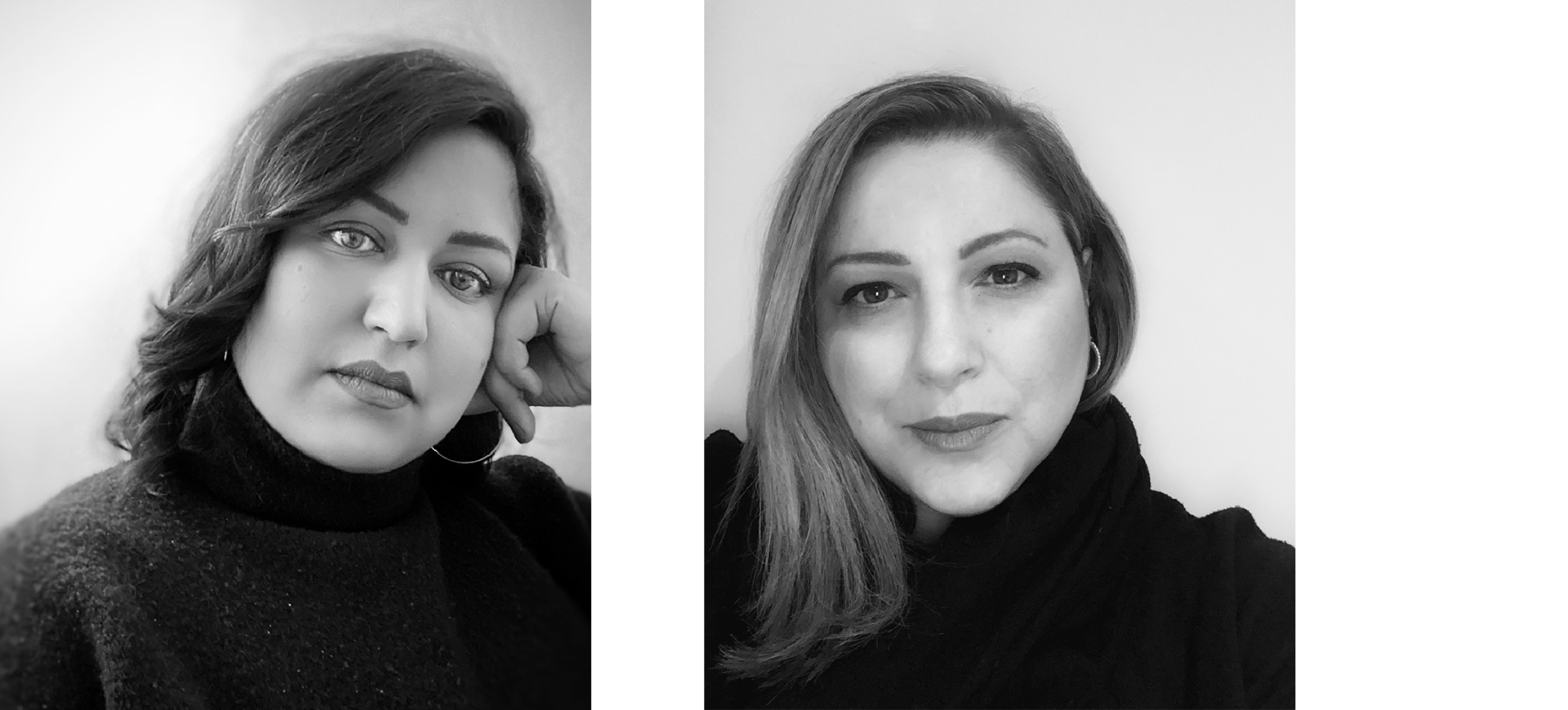
Maya Mahgoub Desai, Associate Professor and Chair of Environmental Design, OCAD University, and Veronica Madonna, Assistant Professor, Athabasca University
Maya Mahgoub Desai is an Associate Professor and current Chair of Environmental Design at OCAD University. She is a researcher and practicing urban designer focused on public health and socio-ecological models of urban development, and inclusion and decolonization in design studio pedagogy. Maya is the previous recipient of the ARCC King Medal for Research and Innovation in Environmental Design, and her current research, focusing on infection mitigation in public space, is funded by SSHRC. Maya also remains engaged in professional and volunteer activities that address environment and equity, serving on Building Equality in Architecture Toronto(BEAT), ClimateACT, and as a former crisis counsellor for the TRCC/MWAR.
Veronica Madonna (OAA, MRAIC, M.Arch, B.E.D.S. B.Arch.Sc.) is an Assistant Professor at the RAIC Centre for Architecture at Athabasca University, Canada’s leading online university. She is an educator, researcher and practitioner whose focus in architecture is informed by regenerative approaches to building and urban design, and addressing equity in practice and education. Before joining Athabasca University, Veronica was a Principal at Moriyama & Teshima Architects, leading award-winning designs for universities and colleges across Canada. She continues to practice architecture, designing environments at various scales, and is dedicated to mentoring and educating future leaders.
‘Inclusive Design In Education’
“Inclusive design [means] designing a diversity of ways to participate so that everyone has a sense of belonging.“ (Susan Goltsman, 2018)
This talk will focus on (1) the decolonization of design pedagogy and the academy, and (2) virtual forms of education to facilitate greater access and inclusivity. The following critical questions will be explored: What does it mean to be inclusive in design education? How can the ideas of a global studio provide design education for an inclusive world and increase collaboration and connectivity? How can we challenge dominant design practices and better reflect diverse lived experiences? Furthermore, what are the new challenges and opportunities envisioned for a post-COVID world?
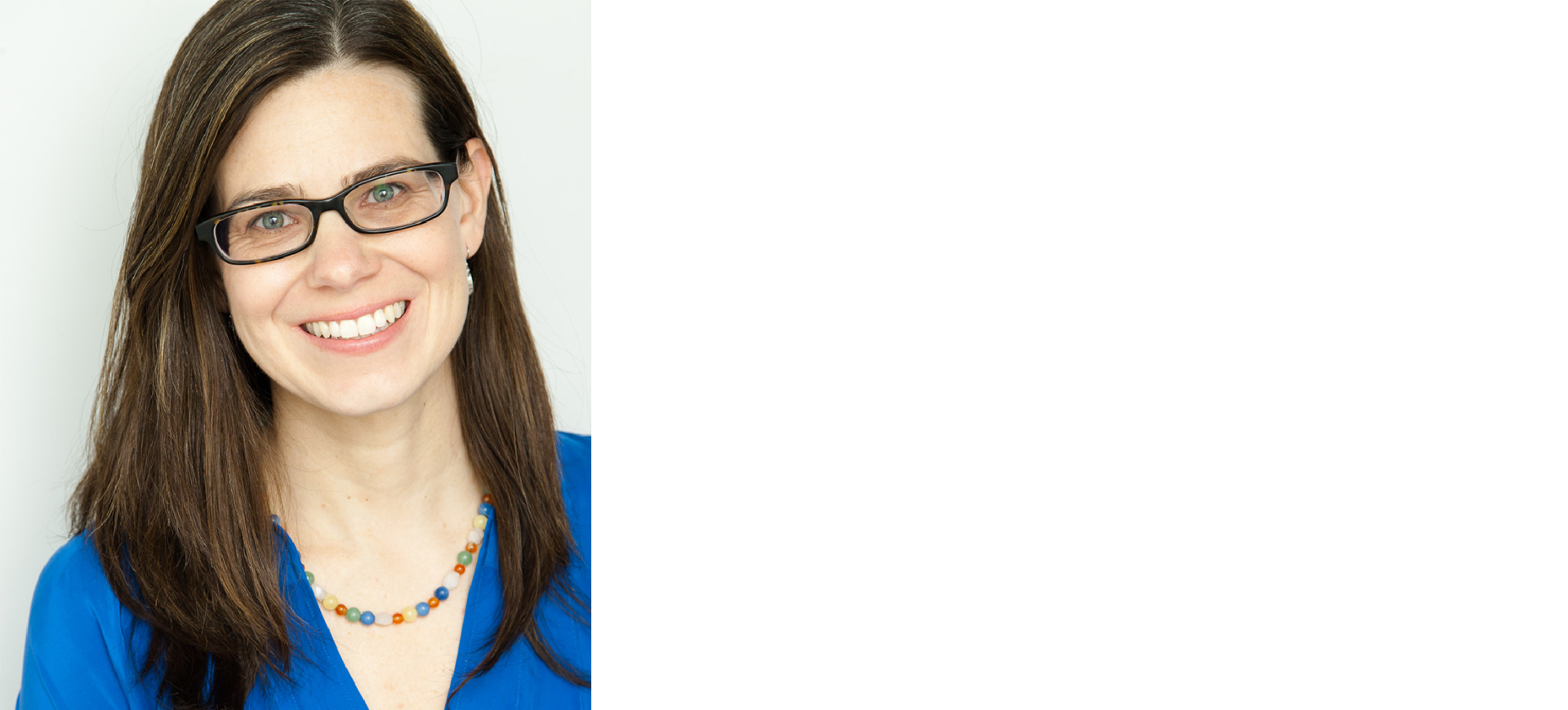
Rain Michaels, Interaction Designer, Google
Rain Breaw Michaels (CPWA) is an Interaction Designer on Google’s Central Accessibility team. Her domain of focus is cognitive inclusion: how to make interfaces accessible to individuals who are neurodivergent, have learning or developmental disabilities, or who experience other cognitive differences that impact their inclusion in the digital space. Before Google, Rain led UX and accessibility overhauls for a variety of clients in higher education, entertainment and technology. Rain has also taught UX and accessibility at General Assembly. In her spare time, she is one of the accessibility core maintainers of the open source content management system Drupal.
‘Reach Diverse Minds by Making the Abstract Concrete’
Individuals with cognitive disabilities represent the largest demographic who might benefit from accessible experiences, but designing for cognitive accessibility is still amorphous and underexplored. Examples of cognitive disabilities: learners with intellectual, developmental, reading or communication disabilities; individuals with Autism Spectrum Disorder and ADHD; and individuals with neurodegenerative conditions (such as dementia) or traumatic brain injury. In this talk, Rain will take a practical approach to designing for cognitive inclusion by focusing on a single common challenge individuals with cognitive disabilities face: receptive communication. Specifically, how might we, as designers, create interfaces that don’t exclude individuals struggling with abstract concepts?
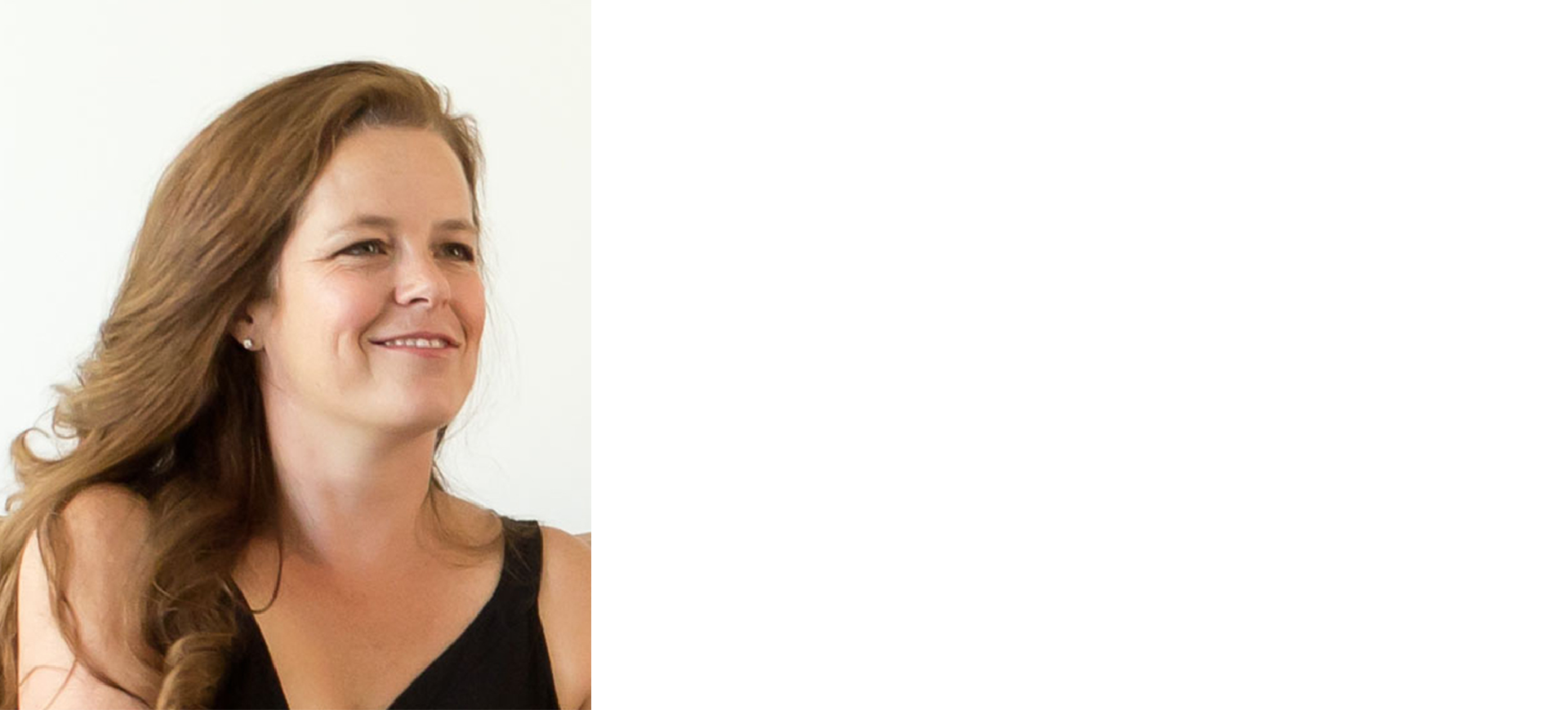
Shelagh McCartney, PhD, architect, urbanist, Associate Professor, Ryerson University, Director, Together Design Lab
Dr. Shelagh McCartney is a licenced architect and urbanist specializing in community development and housing. She received her Bachelor Degrees in Environmental Studies and Professional Architecture from the University of Waterloo, and Master of Design Studies and Doctorate of Design from Harvard Graduate School of Design, as a Fulbright Scholar. As Associate Professor at the School of Urban and Regional Planning at Ryerson University and Director of Together Design Lab, Shelagh has spent the last 10 years working in partnership with First Nations in Canada’s near north. She has worked alongside community members in creating innovative solutions to housing problems.
‘A Home of My Own: Towards community-based design with Nishnawbe Aski Nation youth’
‘A Home of My Own’ will share learnings from a housing co-design process undertaken with First Nations youth across the Nishnawbe Aski Nation territory. Addressing the current on-reserve housing emergency in the territory, the project looked to record and define models of youth-specific housing appropriate for the region’s culture, climate and geography. From the perspective of a settler, scholar and architect, ideas of partnership, placemaking and co-creation will be explored offering practical lessons towards a community-based practice.
–
‘DesignTO Symposium: Towards Inclusive Design’ is organized by DesignTO. It is generously supported by BDP Quadrangle, with media partner AZURE Magazine.
–
A video recording of the symposium will be available to all ticket holders after the live event.


